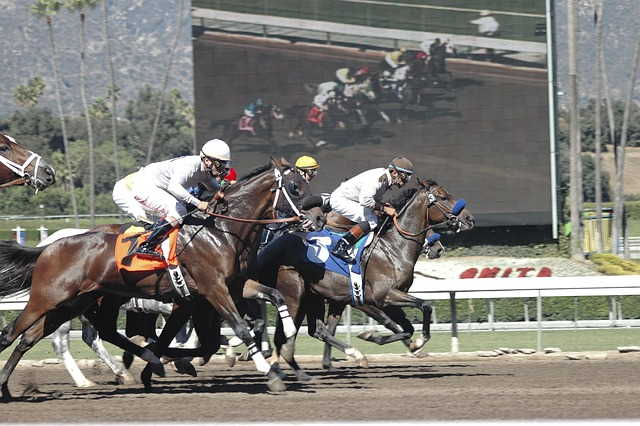
Horse racing runs all around the year and witness different weather conditions. Although the most critical situation horses face is during the summer. The high temperature, humidity, dehydration, lack of air movement, and coming into contact with direct sunlight—create serious heat-related problems in horses. Especially when they have to perform extreme training and exercise during the racing, something commonly seen in SA horseracing.
Heat stress and high humidity may even lead to collapse, and sometimes we encounter death cases on the track during summer than in cooler months. Obviously, there can be some other reasons as well for death, but heat stress is one of the main factors for that.
Does the high humidity affect all racehorses in the same way?
When racing in the heat, horse owners are most concerned about the conditions that result from high humidity. High humidity reduces the heat-shedding ability of horses, and they have to sweat enough to avoid the heat build-up in their body.
Although these situations may differ from horse to horse, that generally depends upon certain factors, like,
- The size and weight
- The fitness level of the horses
- The length of the race they participate
- How far horses travel on the racing day
- The situation horses are adopted to perform
Things happen to horses during heat & high humidity
Maintaining the body temperature close to normal is vital for horses during racing. High humidity and heat can increase the chance of overheating. Thus when they perform extreme exercises, it is important to dissipate the heat by sweating to maintain a normal body temperature.
It is estimated that sweat dissipates 70% of heat. That’s why the low air blowing and humidity make it impossible for a horse to cool himself down.
Hot weather also causes vasodilation in horses. It means their veins open, which helps to carry the blood from hot muscles to the skin. So the air aids in cooling the blood. In short, when the humidity and heat increase, horses can’t cool themselves easily due to the hot air and the inability to evaporate the sweat quickly.
What will happen if the horse can’t cool himself down?
The horse might face severe heat stroke or heat exhaustion. In other words, some body parts will stop functioning, like the central nervous system, kidney, or muscles. If the body temperate shows 105 degrees F, the blood supply to the muscle will stop, as to the kidney and intestines. And the heart and brain will be the last ones. As a result, the horse will suffer permanent damage.
How to deal with high humidity in horse racing?
With the increasing cases of horse overheating during races, many tracks have started to keep an eye on horses and also the heat index during summer. High temperature is the main issue that accompanies increasing humidity. Thus track officials measure the relative humidity in conjunction with the actual air temperature using a heat index calculator.
Besides this, some other ways are hosing them with water at the barn, rubbing alcohol to dissipate the heat, and using fans to cool them down.













